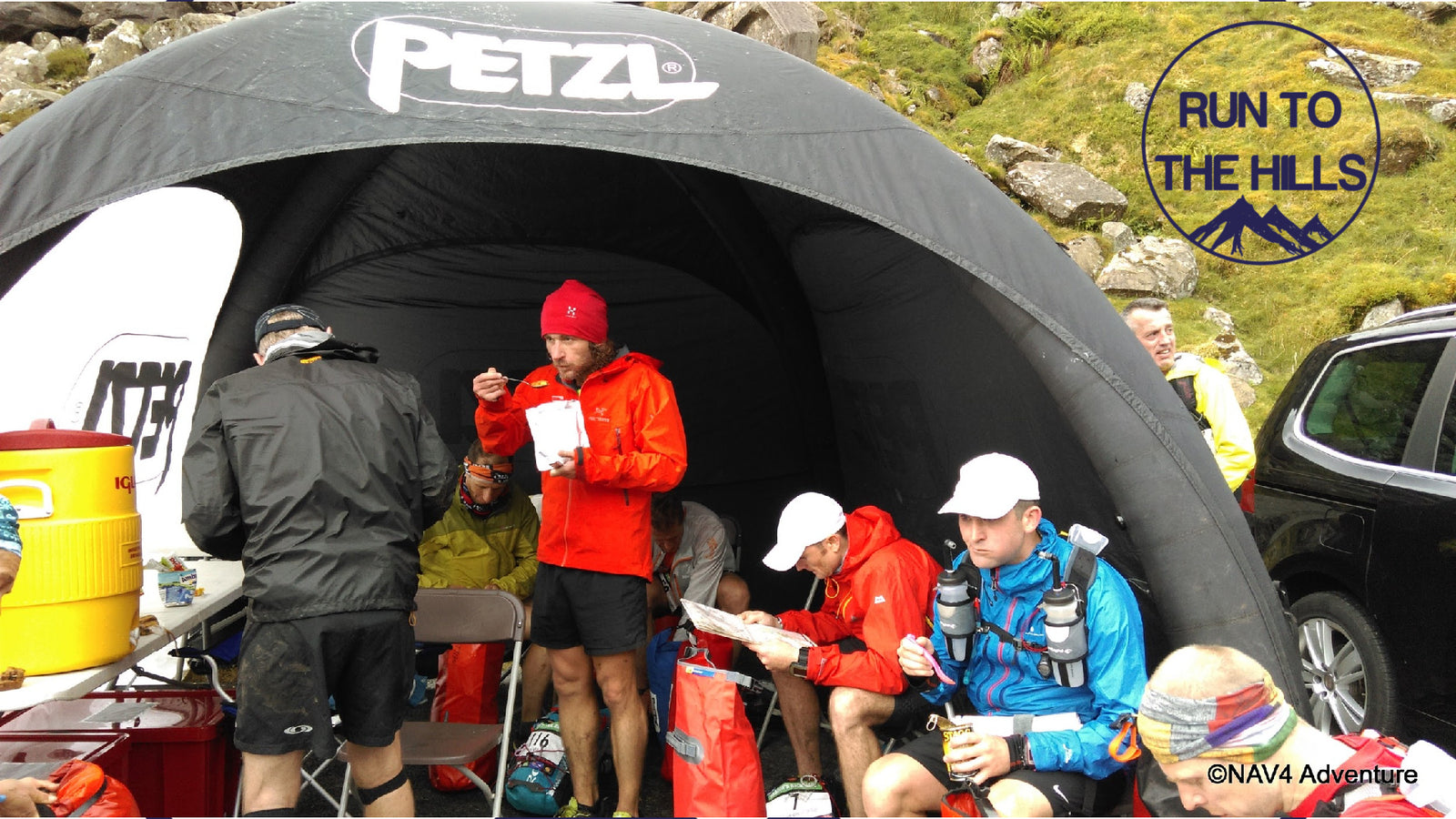Most Popular
A column with no settings can be used as a spacer
Link to your collections, sales and even external links
Add up to five columns
Most Popular
A column with no settings can be used as a spacer
Link to your collections, sales and even external links
Add up to five columns
Add description, images, menus and links to your mega menu
A column with no settings can be used as a spacer
Link to your collections, sales and even external links
Add up to five columns
Add description, images, menus and links to your mega menu
A column with no settings can be used as a spacer
Link to your collections, sales and even external links
Add up to five columns

Support Teams
October 02, 2020 2 min read
Ultra-running is basically a solo sport with the runner spending many hours training and preparing for races which might take anything from 4hrs to several days!
There are no short cuts to being able to run for hour after hour and most of us love to find some company but often we are out on our own.
BUT one of the key elements to doing well in an ultra, whether than means being on the podium or simply to finish in one piece, is having good support.
Ultra-races have different rules and guidelines about support including
- Having a support team – some allow others don’t
- Where a runner can meet them – some anywhere others only at specific places
- Whether you are allowed a support runner and from where – some from the start others from halfway
- How many and what size vehicle – some as many as you like others only one car per runner
- There are lots of others, but you get the idea!
Two of my favourite races have very different rules which add to the experience of each one
- West Highland Way Race (95 miles from Milngavie to Fort William) – Each runner has to have a support team of at least 2 people, one of whom must be able to run with their runner through the second night if needed. The support team is responsible for rescuing their runner if they are in trouble. The support can meet their runner at several places along the route providing gear and food which means the runner doesn’t have to carry too much.
- Lakeland 100 (a circular route around the Lake District starting and finishing in Coniston) – Runners are not allowed a support team. Friends and family can only cheer them on at a few designed places but can’t give them anything. The runner needs to carry all they need but can have a drop bag halfway round at Dalemain. The checkpoints become a vital part of the race and the teams pride themselves on helping runners both physically with lots of food and mentally with lots of encouragement and run (fancy dress themes always bring a smile to your face!)
These two races provide different challenges and I love them both for that.
One of the key things in preparing for an ultra is to get to know what is allowed and expected. Then you can prepare for that race. For example when training for the West Highland Way I run with a smaller bag as I know on race day that’s all I need. Whereas when training for the Lakeland 100 I will carry a similar rucksack that I’ll need for race day to get used to running with a heavier bag.
In this week’s ‘Run to the Hills’ podcast I interviewed Stuart Smith and Nigel Burke who have set up a professional support called ‘Pile on Support.’ The idea is that they can provide support to a runner attempting any challenge or race. If you want to find out more listen to the podcast and contact them through their Facebook page https://www.facebook.com/pileonsupport or through Instagram @pileonsupport
You've unlocked a free gift! Make your selections now.
Unavailable
£0.00

